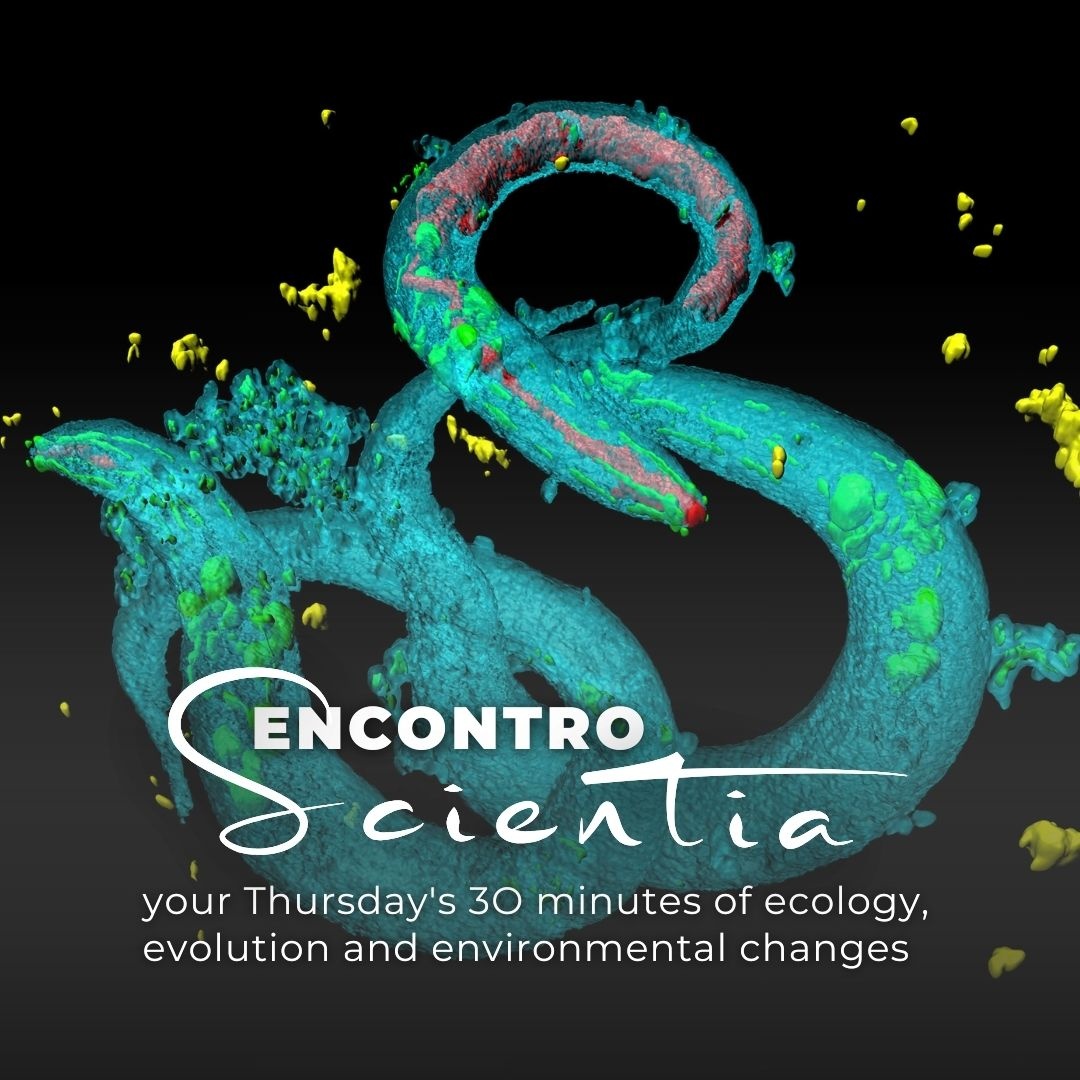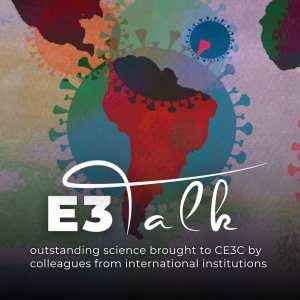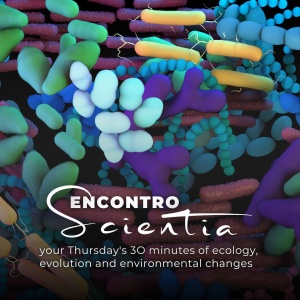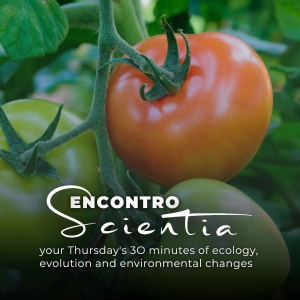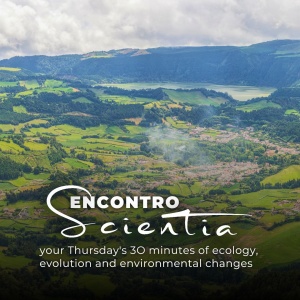Encontro Scientia with João Picão Osório (Evolutionary Ecology)
18 April 2024 . 12h00 (Lisbon time) . Room 2.2.14 (FCUL)
Online access • LINK
Password • scientia
Understanding the mechanisms that generate phenotypic variation and their impact on the course of evolution is a central challenge in modern biology. The process of development may limit or bias the phenotypic spectrum obtained after new mutation, deemed developmental bias. Understanding such biases in the introduction of phenotypic variation is therefore essential to reveal which phenotypes can be explored and selected in the evolutionary process. Despite this, it is still poorly understood whether such developmental genetic biases in the production of phenotypic variation influence evolutionary rates.
In this seminar, I will address this problem by quantifying the link between mutation and wild phenotypic variation within and among nematode species and genera. For this, I will use the homologous cellular framework of vulval precursor cells in two nematode clades that have divergent evolutionary trajectories of cell-fate variation. First, I will show that the evolution of developmental biases predicts more than 80 million years of divergent phenotypic evolutionary rates. Second, I will demonstrate that fast phenotypic evolutionary rate is based on a broad mutational target size rather than high mutational rates. Finally, I will briefly explore the developmental processes that lead to these phenotypic biases.
Altogether, I will show how the evolution of the variational properties of cell-fate decision and their underlying developmental genetic mechanisms explain the evolution of evolutionary rates.
Tags: EE encontro scientia phenotypic variation development evolutionary rates c elegans

